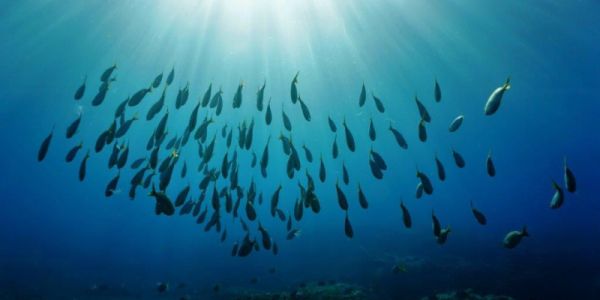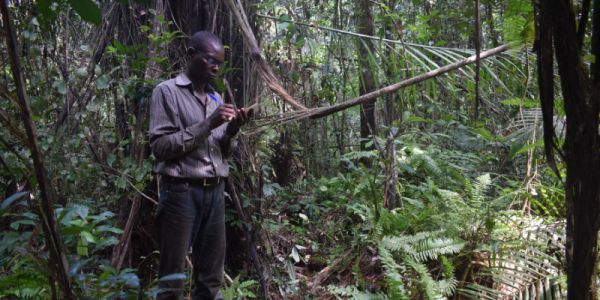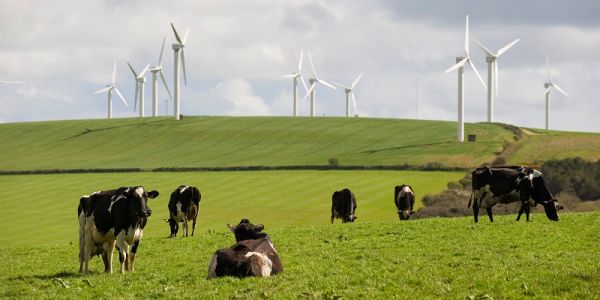
Calculating the carbon cost of food
A calculator which could reduce the level of carbon emissions generated by food production and consumption has been developed by data scientists at the University of Leeds.

A calculator which could reduce the level of carbon emissions generated by food production and consumption has been developed by data scientists at the University of Leeds.

Scientists have discovered how a chemical in the cells of marine organisms enables them to survive the high pressures found in the deep oceans.

Climate models are unreliable when it comes to predicting the damage that tropical cyclones will do to sensitive coral reefs, according to a new study published in the journal Earth’s Future.

Global warming is likely to cause a decline in the number of species of microbes that live in tropical soils - and that could threaten the biodiversity of rainforests and increase carbon emissions.

Researchers have developed a new method for assessing the impact of ozone-depleting chemicals released into the atmosphere.

People who make a living fishing off the coral reefs around the Maldives say their daily income is down by almost a quarter due to sharks stealing their catch.

A new study has mapped the full scale of a vast region of peatland in the heart of the Congo Basin, revealing it to be 15% bigger than previously thought.

People are becoming “disconnected from the botanical world” at a time when plants could help solve global environmental problems, warn a group of research scientists.

A novel research network aims move the country’s agri-food industry closer to net zero emissions, enabling the UK to meet its 2050 emissions target.

If carbon emissions are limited to slow temperature rise, as many as 6,000 child deaths could be prevented in Africa each year, according to new estimates.